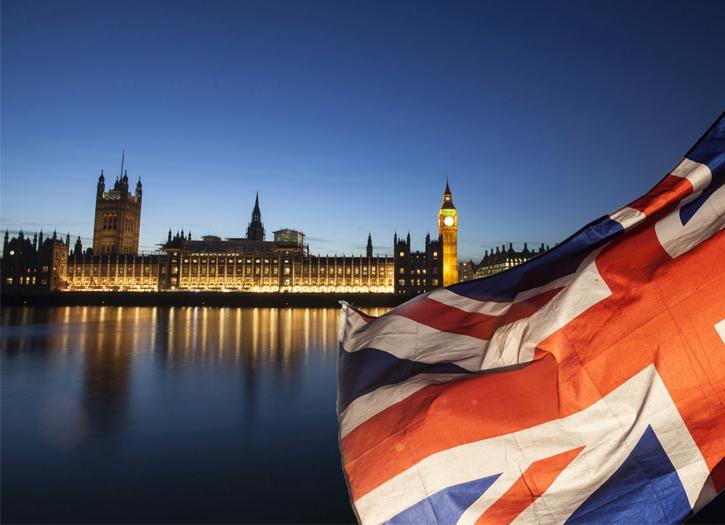The economic impact of the global COVID-19 pandemic on the United Kingdom has been largely disruptive. It has adversely affected travel, financial markets, employment, a number of industries, and shipping.
ONS data published in June 2020 showed over 80% of construction businesses had furloughed staff; on average, firms furloughed 42% of their employees. In total, the government funded wages for around 1.5m construction workers, at a total cost (to the end of June 2020) of £5.4 billion. Contractor Wates Group was among the first to announce redundancies (300, around 8% of its workforce); in June, the Construction Leadership Council said around 10% of construction workers could lose their jobs by September 2020.
The most optimistic of three scenarios in a late May Construction Products Association (CPA) forecast predicted UK construction output would fall 25% in 2020 before rebounding in 2021 (but still finish 6% lower than 2019) due to the COVID-19 pandemic. ONS data showed construction output in Great Britain collapsed by a record 40.2% in April 2020; despite a rise in May, output was still down nearly 40% in February 2020 pre-pandemic levels. In August, after site working resumed more quickly than expected after lockdown, the CPA forecast construction output would fall by 20.6%..
Following government advice, housebuilders including Barratt and Taylor Wimpey paused work on 24 March. By 8 April, work at 80% of UK housebuilding sites had stopped; Barratt put 5,000 of its 6,000 workers on furlough. By 17 April, around 44% of private housing and 32% of social housing schemes were suspended. In Scotland and Northern Ireland, where stricter lockdowns were enforced, 79% and 78% of schemes were suspended respectively. In May, the CPA estimated housebuilding activity had slumped 85% during the lockdown.
The governor of the Bank of England called on the British government to provide support to businesses affected by the virus and was reported to be working with the Treasury to provide an economic stimulus package to prevent the British economy falling into recession. Companies listed on the London stock markets have fallen in value, with commentators citing worries about the virus. To stimulate the economy, the Bank of England cut its bank rate of interest from 0.75% to 0.25%.On 19 March, the interest rate was again cut, this time to 0.10%—the lowest rate in the bank’s 325-year existence.
On 28 March, Fitch Ratings downgraded the UK’s government debt rating from AA to AA-, because of coronavirus borrowing, economic decline, and lingering uncertainty over Brexit. The ratings agency believed the UK’s government deficit for 2020 might equal 9% of gross domestic product (GDP), compared to 2% the previous year. The government extended its overdraft with the Bank of England. In April people claiming unemployment benefit rose to 2.1 million, a jump of 856,500 claims according to the Office for National Statistics (ONS). In addition the employment rate fell to 3.9% for the first quarter of the year.
The Resolution Foundation surveyed 6,000 workers, and concluded that 30% of those in the lowest income bracket had been affected by the pandemic compared with 10% of those in the top fifth of earners. The foundation said that about a quarter of 18 to 24-year-olds included in the research had been furloughed whilst another 9% had lost their job altogether. In early April, as the second quarter began, the Office for Budget Responsibility predicted that unemployment could rise to 3.4 million and the GDP could fall by 35% during the quarter. By June, the unemployment projection proved correct, with over 3 million out of work for at least three months and another 4 million out of work for a shorter period.
Regional airline Flybe, already struggling financially, entered administration and ceased operations the following day. Having already put some 23,000 workers on furlough, on 28 April British Airways’ parent IAG announced a restructuring and redundancy programme that could result in 12,000 BA job redundancies.On 5 May, Virgin Atlantic announced it was cutting 3,000 jobs and quitting Gatwick Airport.Due to a huge decline in fares income, on 7 May TfL requested £2 billion in state aid to keep services running until September 2020.







Add Comment
You must be logged in to post a comment.